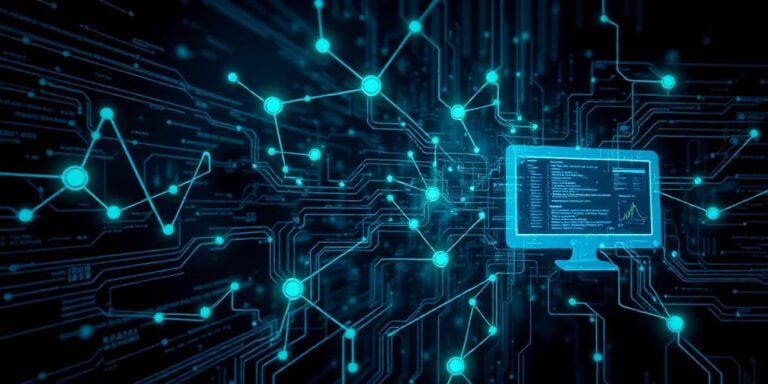Attributing Cyber Attacks: Challenges and Implications (2025)
Attributing cyber attacks, pinpointing the actor or group responsible for a malicious cyber activity, remains one of the most complex and critical challenges in cybersecurity. In 2025, advancements in technology and the evolving threat landscape have further complicated this process. This post examines the key challenges in cyber attack attribution and the significant implications for international relations, cybersecurity policy, and organizational defense.
Key Challenges in Cyber Attack Attribution
-
Technical Obfuscation: Attackers employ sophisticated techniques to hide their tracks, including the use of virtual private networks (VPNs), proxy servers, and compromised systems (botnets) to mask their true location and identity. Advanced malware and custom tools are designed to remove traces of their activity, making forensic analysis exceedingly difficult.
-
False Flags and Misdirection: Skilled adversaries often use false flags, mimicking the tools, techniques, and procedures (TTPs) of other known groups or nations to misdirect investigators. This makes it challenging to confidently assign responsibility, as attribution can be intentionally misleading.
-
Lack of Direct Evidence: Cyber attacks rarely leave behind definitive, irrefutable evidence. Attribution typically relies on circumstantial evidence pieced together from various sources, including network logs, malware analysis, and intelligence reports. This indirect evidence is often subject to interpretation and debate.
-
Geopolitical Constraints: Attribution is often influenced by geopolitical considerations. Governments may be hesitant to publicly attribute attacks to avoid escalating tensions or provoking retaliation. Political motivations can also lead to biased or premature attributions.
-
Resource and Expertise Limitations: Accurate attribution requires significant resources, including highly skilled cybersecurity analysts, advanced tools, and access to extensive threat intelligence data. Many organizations and even governments lack the necessary resources and expertise to conduct thorough attribution investigations.
Implications of Cyber Attack Attribution
-
International Relations: Accurate attribution is crucial for maintaining stability in international relations. Misattribution can lead to unwarranted accusations, diplomatic tensions, and even armed conflict. Clear and reliable attribution mechanisms are necessary for establishing norms of behavior in cyberspace and holding malicious actors accountable.
-
Cybersecurity Policy: Attribution plays a vital role in shaping cybersecurity policy. Understanding the actors behind attacks and their motivations informs the development of effective defense strategies and international agreements. Attribution data can also be used to justify offensive cyber operations as a form of deterrence or retaliation.
-
Organizational Defense: For organizations, attribution can provide valuable insights into the threats they face. Knowing the identity and TTPs of attackers enables organizations to better defend their networks, prioritize security investments, and develop incident response plans. Attribution can also inform legal and insurance strategies in the aftermath of an attack.
-
Legal and Law Enforcement Actions: Attribution is essential for pursuing legal and law enforcement actions against cybercriminals and nation-state actors. Identifying and prosecuting perpetrators can deter future attacks and provide justice for victims. However, the challenges of cross-border investigations and extradition complicate these efforts.
The Future of Cyber Attack Attribution
As technology advances, so too will the techniques used by both attackers and defenders. Future developments in artificial intelligence (AI) and machine learning (ML) may offer new capabilities for both automating attribution analysis and evading detection. Enhanced international cooperation, information sharing, and the development of common attribution standards will be crucial for addressing the challenges ahead.
Attributing cyber attacks remains a formidable challenge with far-reaching implications. Overcoming these challenges requires a multifaceted approach that combines technical expertise, intelligence gathering, policy development, and international collaboration. As the cyber threat landscape continues to evolve, accurate and timely attribution will be essential for maintaining security and stability in the digital age.




